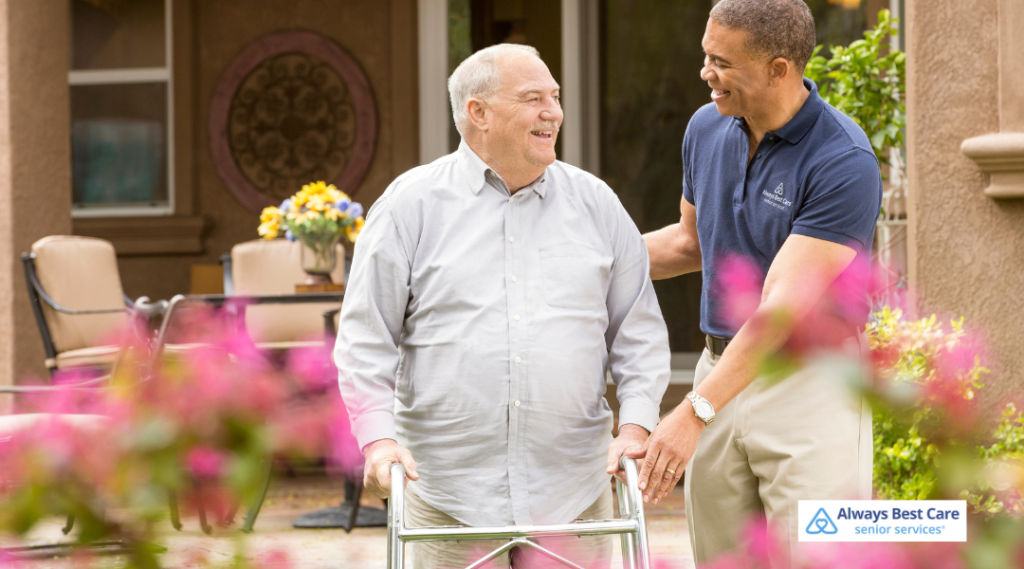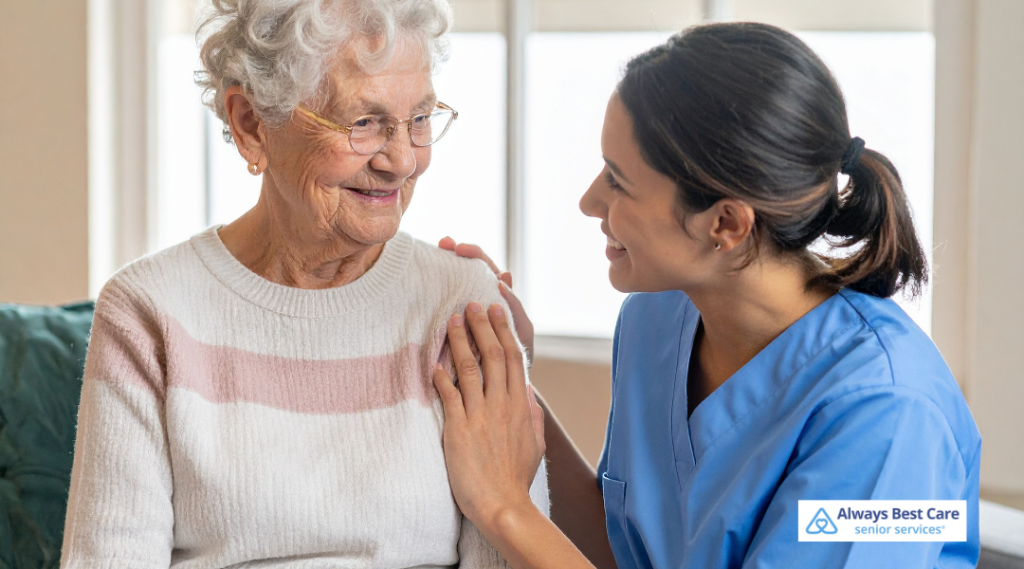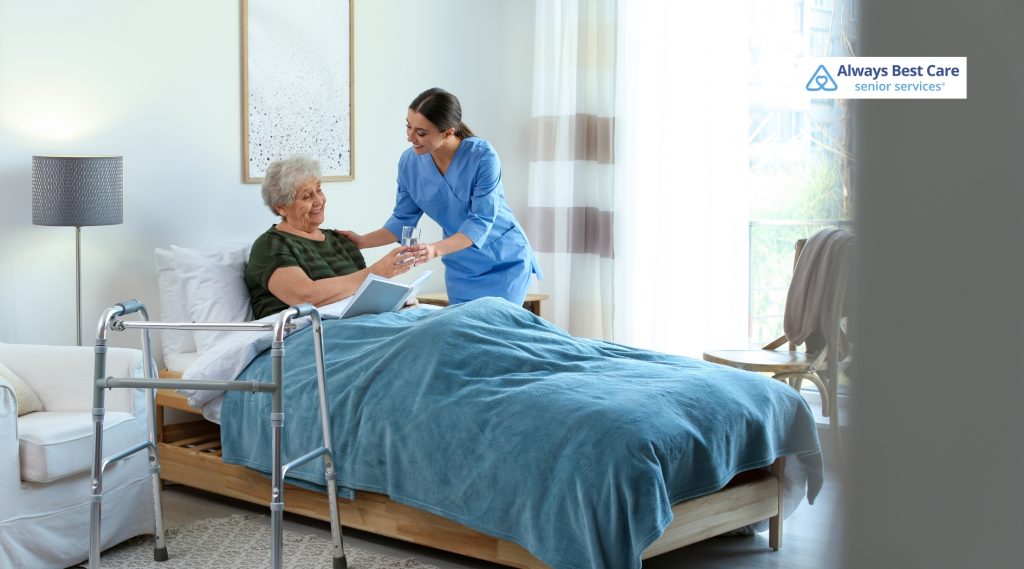The Essential Role of Behavioral Health in Senior Well-Being in Charleston, SC

Most folks naturally focus on the physical side of senior care—keeping track of medications, preventing falls, or managing chronic conditions. But here’s what often gets overlooked: a senior’s emotional and mental health matters just as much as their physical wellness.
Older adults face distinct hurdles that younger generations might not fully grasp. Loss, loneliness, and shifting independence can weigh heavily on anyone. And here’s the thing—these emotional struggles don’t just affect mood. They can actually make physical health conditions worse and chip away at the overall quality of life.
What you will learn:
- The importance of emotional and behavioral health in senior care and how it impacts overall wellness.
- How to recognize early signs of behavioral health issues in seniors, such as mood changes, withdrawal, and neglect of self-care.
- Practical ways families can support their loved one’s emotional health through connection, activity, and open communication.
- How Always Best Care of Charleston provides holistic support, including companionship, structured routines, and specialized memory care.

Table of Contents
What Does Behavioral Health Really Mean?
Behavioral health covers how our thoughts, feelings, and daily actions shape our overall wellness. For seniors, this can look like:
- Learning to live with grief after losing a spouse or close friend
- Working through feelings of depression or persistent worry
- Navigating memory changes or living with dementia
- Handling stress that comes with health setbacks or major life adjustments
Strong behavioral health helps seniors stay resilient and independent. On the flip side, struggling emotionally can make existing health problems harder to manage and drain the joy from everyday life.
Red Flags That Shouldn’t Be Ignored
Families often spot subtle changes in their loved one’s behavior before recognizing something deeper is going on. Keep an eye out for these warning signs:
- Pulling away from friends, family gatherings, or social events
- Abandoning hobbies and activities they once enjoyed
- Significant shifts in sleeping patterns or eating habits
- Unpredictable mood changes, unusual crankiness, or lingering sadness
- Skipping medications or letting personal hygiene slide
- Episodes of confusion, getting disoriented, or becoming easily upset
Don’t brush these off as “normal aging.” These signals could point to behavioral health concerns that need proper attention and care.
The Mind-Body Connection You Can’t Ignore
The link between emotional wellness and physical health runs deep. Seniors dealing with emotional challenges often experience:
- Longer recovery times after surgery or illness
- Higher chances of developing heart disease or having a stroke
- Greater difficulty controlling chronic conditions like diabetes or high blood pressure
- Weakened immune systems that struggle to fight off infections
Supporting emotional health doesn’t just lift spirits—it can genuinely help seniors live longer, healthier lives.

Practical Ways Families Can Make a Difference
Family members hold tremendous power to support their loved one’s behavioral health in Charleston, SC. Here are some meaningful actions you can take:
- Stay Connected: Regular social contact matters, whether that’s face-to-face visits, phone calls, or video chats.
- Get Moving: Light exercise or simple movement can work wonders for energy levels and mood.
- Keep Hobbies Alive: Encourage creative outlets or activities that bring joy and purpose.
- Listen Without Fixing: Create space for honest conversations about feelings without rushing to solve everything.
- Monitor Health: Keep regular appointments with doctors and mental health professionals.
Sometimes, though, families need extra hands to help their loved ones flourish emotionally and socially.
How We Support Behavioral Health at Always Best Care
At Always Best Care of Charleston, SC, we understand that true care means looking after the whole person—mind, body, and spirit. Our caregivers provide:
- Genuine Companionship: We help ease loneliness and isolation through meaningful human connection.
- Daily Structure: We support routines that bring comfort, stability, and predictability to each day.
- Medication Support: Gentle reminders ensure medications and appointments aren’t missed.
- Engaging Interactions: Our caregivers spark conversations and activities that make seniors feel valued and heard.
- Family Communication: We keep families in the loop about any mood or behavior changes worth noting.
For seniors living with dementia or Alzheimer’s disease, our specialized memory care services focus on reducing anxiety and creating peaceful environments through compassionate, tailored support.
Frequently Asked Questions
Q: How do I know if my loved one needs behavioral health support?
A: Watch for persistent changes in mood, withdrawal from activities, neglecting self-care, or increased confusion. These aren’t just part of getting older—they deserve professional attention.
Q: Can emotional health really affect physical health?
A: Absolutely. Depression and anxiety can weaken immune function, slow healing, and make chronic conditions harder to manage. The mind and body are deeply connected.
Q: What if my loved one refuses help?
A: Start with gentle conversations and focus on how support could improve their daily comfort and independence rather than framing it as “needing help.”
Q: Does Medicare cover behavioral health services?
A: Medicare covers some mental health services, including counseling and psychiatric care, but coverage varies. We can help you navigate these options.

Enhance Your Loved One’s Quality of Life – Reach Out for Compassionate Behavioral Health Support Today!
Noticing shifts in your loved one’s mood, outlook, or daily behavior? It might be time to reach out for support. Behavioral health sits at the heart of healthy aging, and getting the right care can truly transform quality of life.
Contact Always Best Care of Charleston at (843) 996-4498 to learn more and schedule your free consultation.





